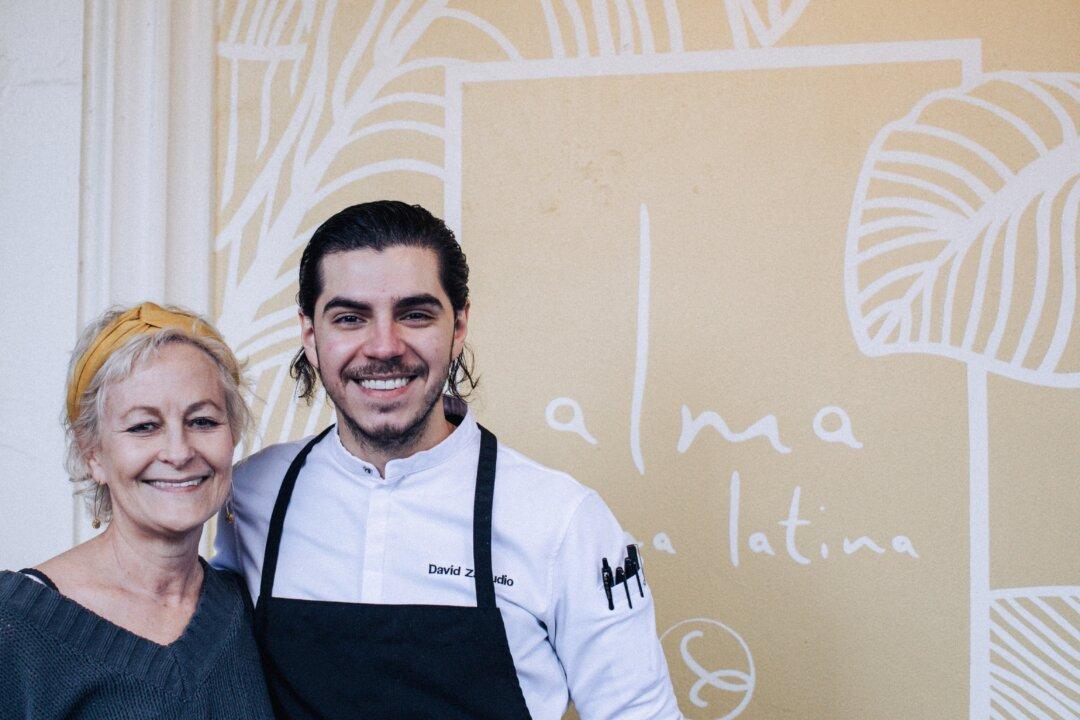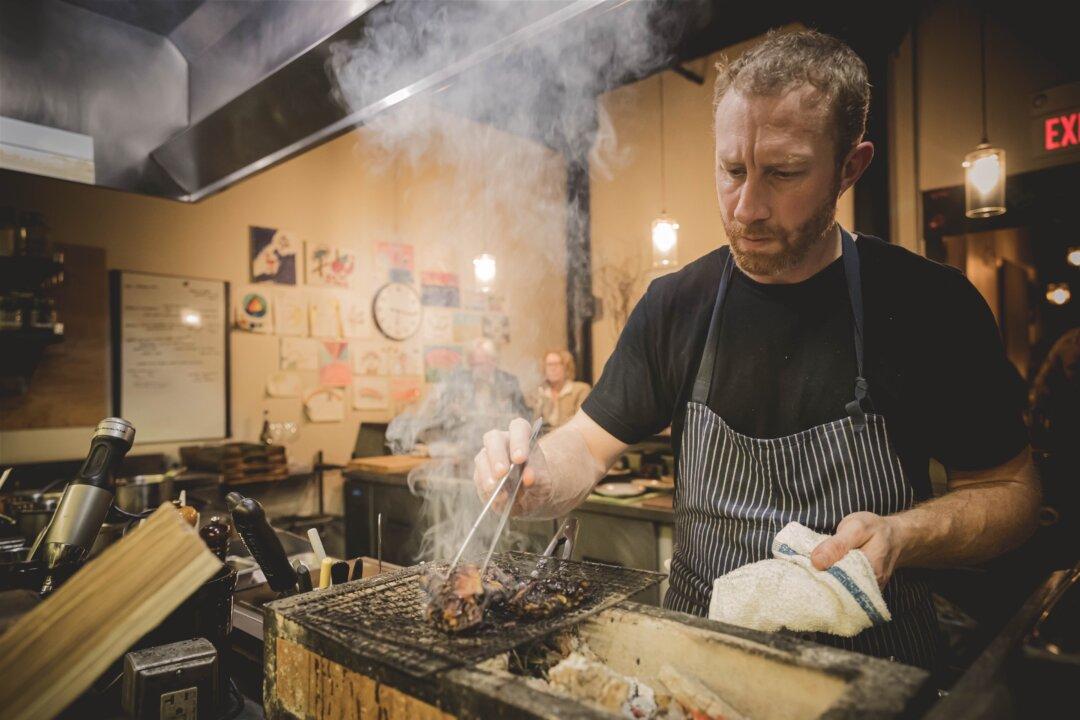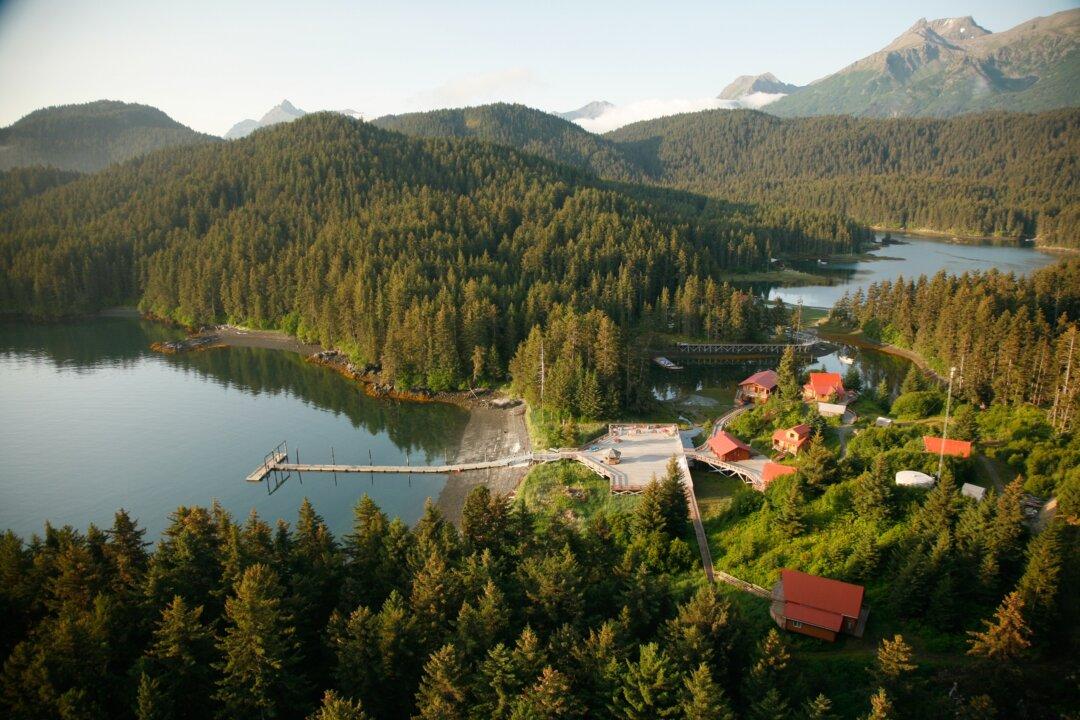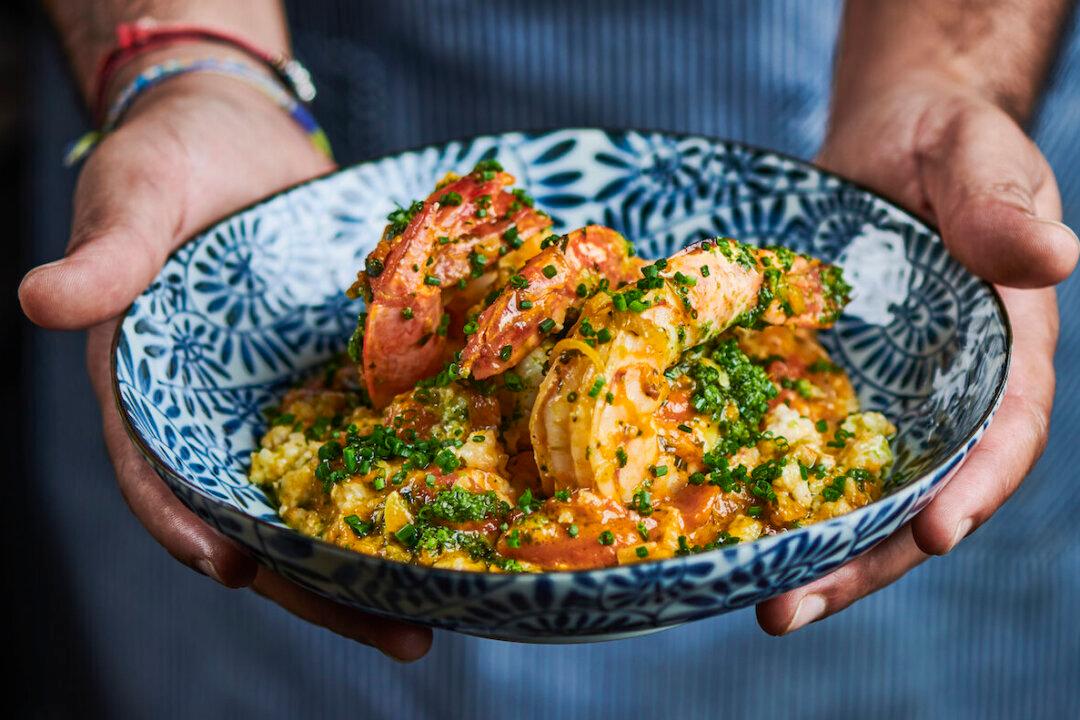The most important ingredient Irena Stein has brought to Baltimore’s dining scene isn’t found in her Venezuelan food. It’s her team.
As the proud founder of the country’s first contemporary Venezuelan restaurant, Alma Cocina Latina, and a Venezuelan immigrant herself, Stein is supporting the next generation of Venezuelan chefs in America—which begins with helping them immigrate and secure legal paths to citizenship. Her efforts include sponsoring five chefs for O-1 visas, granted only to individuals with exceptional talent.





